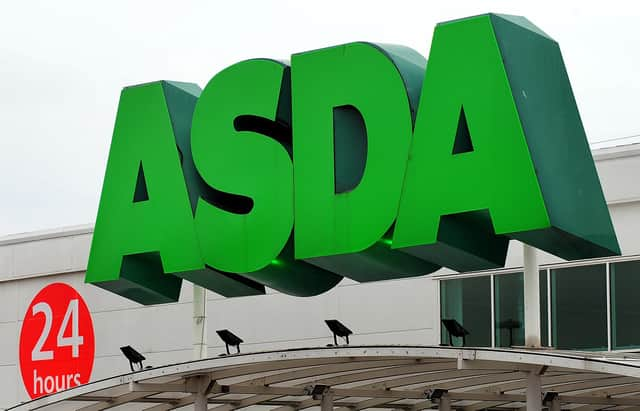Supermarket 'windfall tax' being considered by UK, Scottish governments


The suggestion, made by the Scottish Greens in April, has been taken up by the Scottish Government, which is now in discussions with the UK Government over the introduction of a tax on the retailer's “excessive profits”.
Yesterday Tesco and Morrisons announced they would voluntarily repay £850 million of business rates relief received from the UK Government as part of the Covid response by the Treasury, while today Asda said it would return £350m.
Advertisement
Hide AdAdvertisement
Hide AdThe announcements came after criticism that supermarkets had benefited from taxpayer support while enjoying a surge in sales.
Raising the issue in Holyrood, Green MSP Mark Ruskell said: “It’s clear that the gap between small retail businesses and giant corporations is widening because of this pandemic, which will have a devastating impact on our already struggling high streets.
“Tesco has shown that companies who have made astronomical profits from Covid have a duty to pay back support funding, but a voluntary approach alone won’t save our smaller businesses.
"What discussions will the Scottish Government have with UK Government on the possibility of an additional windfall tax through the corporation tax scheme?”
Public finance minister Ben McPherson said while the Scottish Government was “restricted by the devolution settlement in making changes to taxation”, it was “engaged with the UK Government on a windfall tax”.
He said: “That is something that would require either permission from the Treasury if the Scottish Government was to have locus over the determination of such a tax, or to be delivered by the UK Government and we encourage it to use its powers to make tax decisions in a progressive way.”
A windfall tax was used by the Labour government in 1997 on the “excess profits of the privatised utilities”.
Mr Ruskell said: “I’m very pleased that the Scottish Government has decided to take the idea of a windfall tax forward in discussions with the UK Government. This tax could be a useful tool to ensure that there is more support for the businesses that are being crippled by this pandemic.”
A message from the Editor:Thank you for reading this article. We're more reliant on your support than ever as the shift in consumer habits brought about by Coronavirus impacts our advertisers.
If you haven't already, please consider supporting our trusted, fact-checked journalism by taking out a digital subscription.
Comments
Want to join the conversation? Please or to comment on this article.